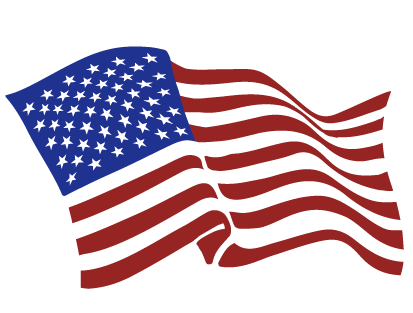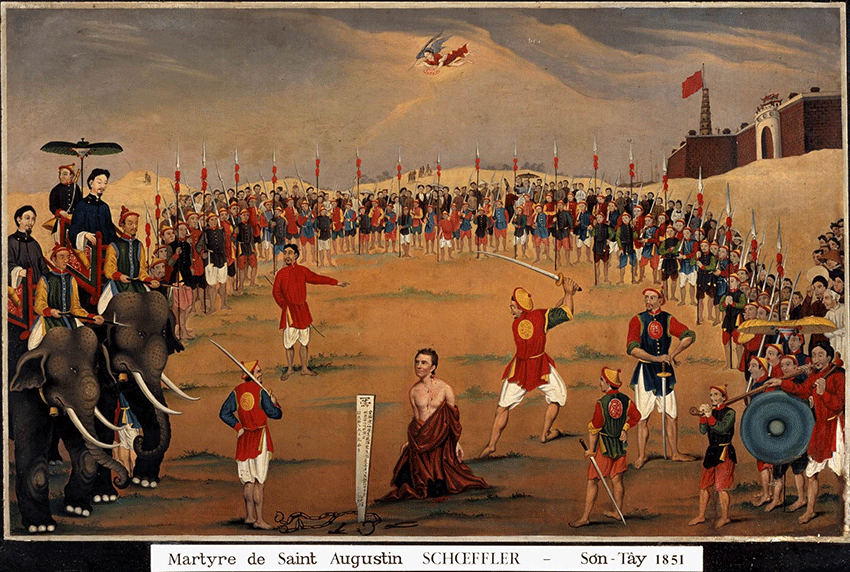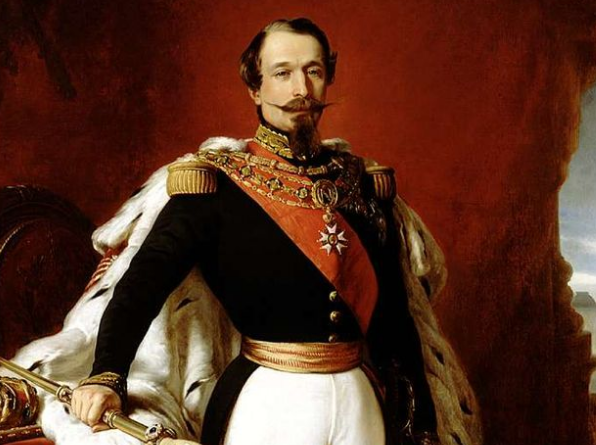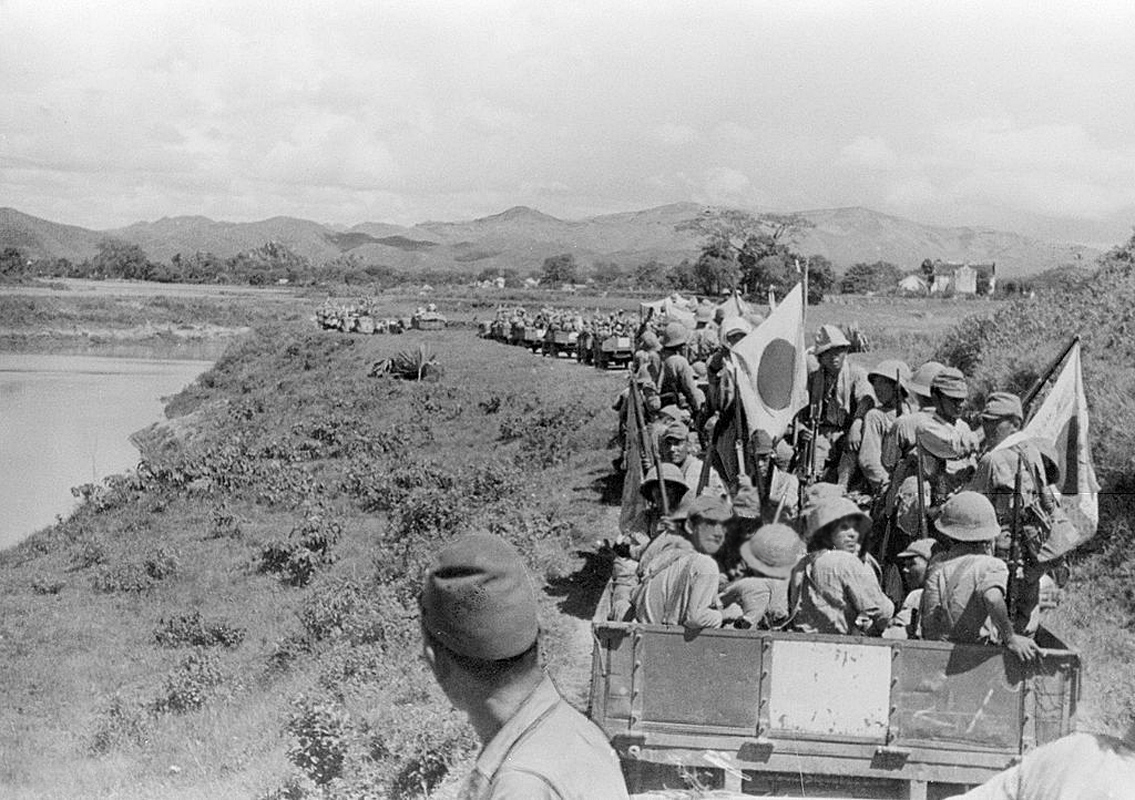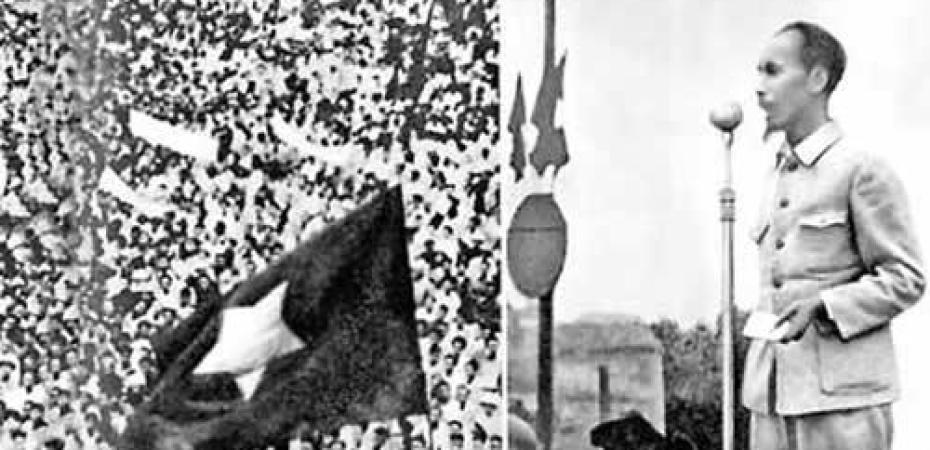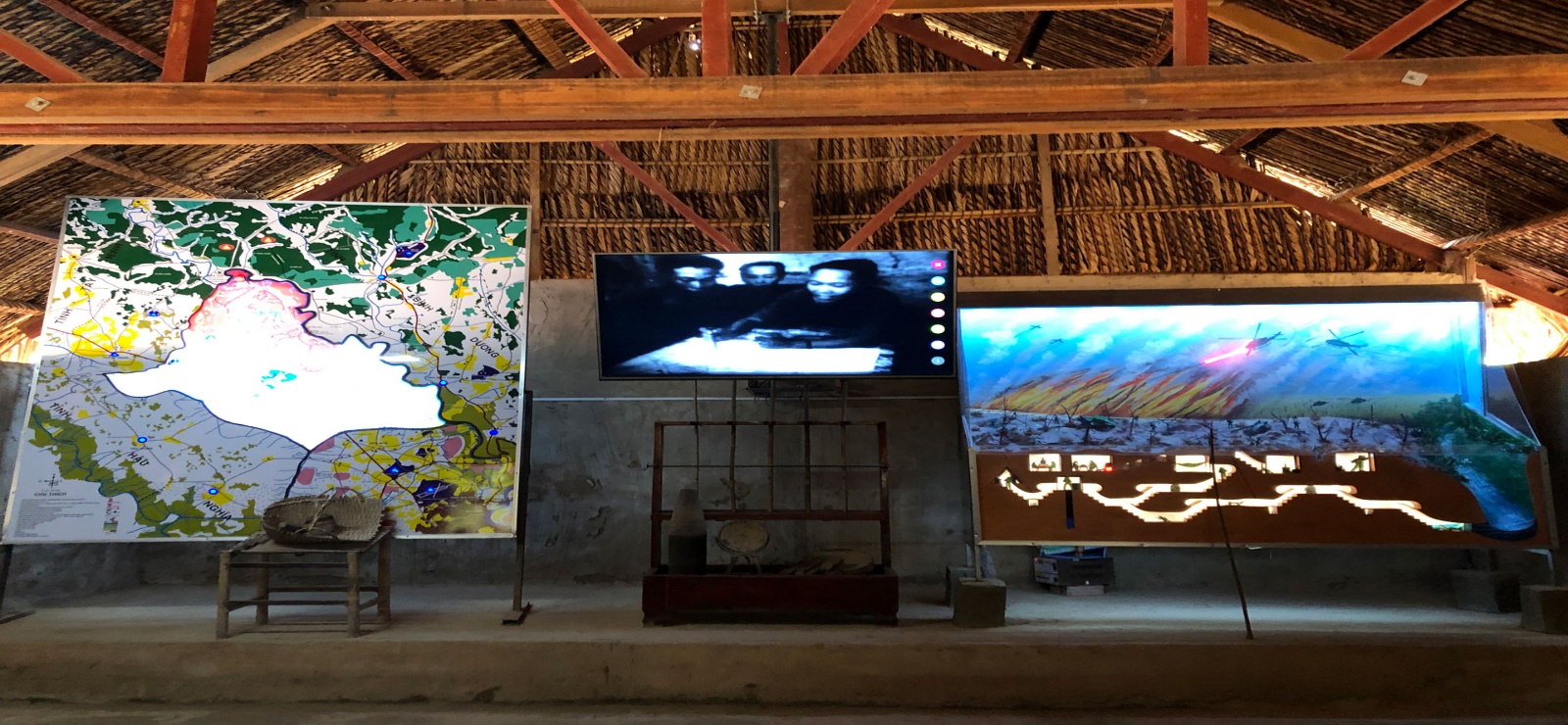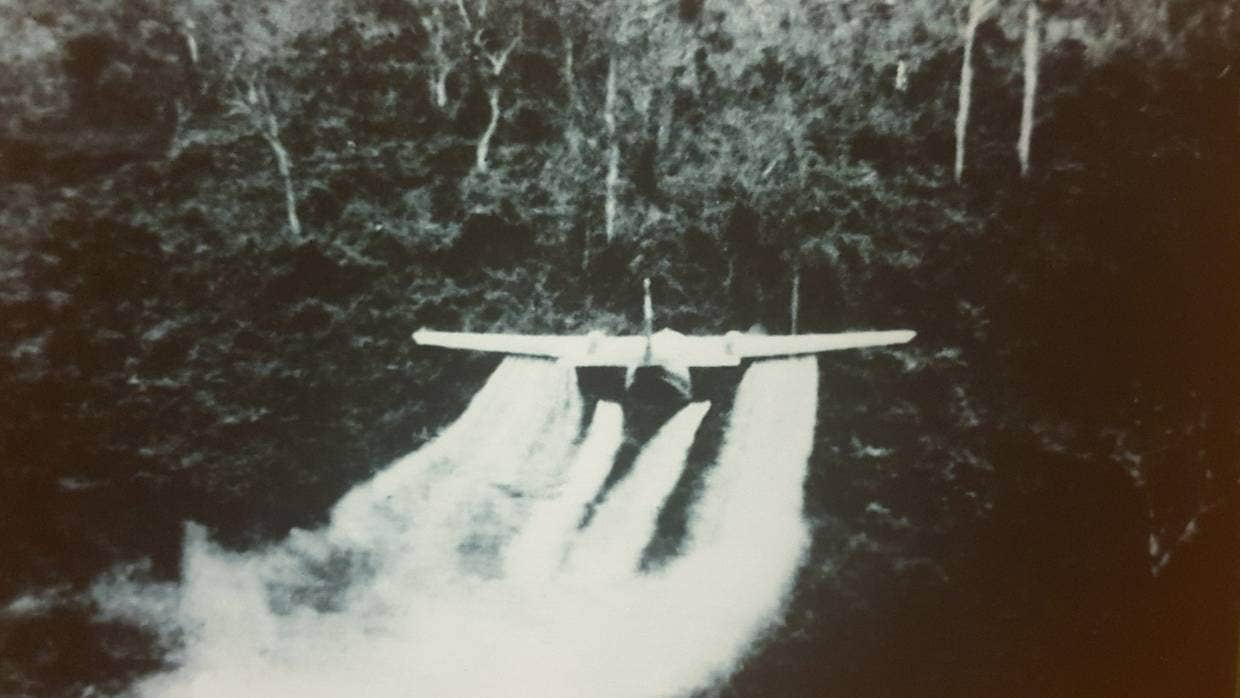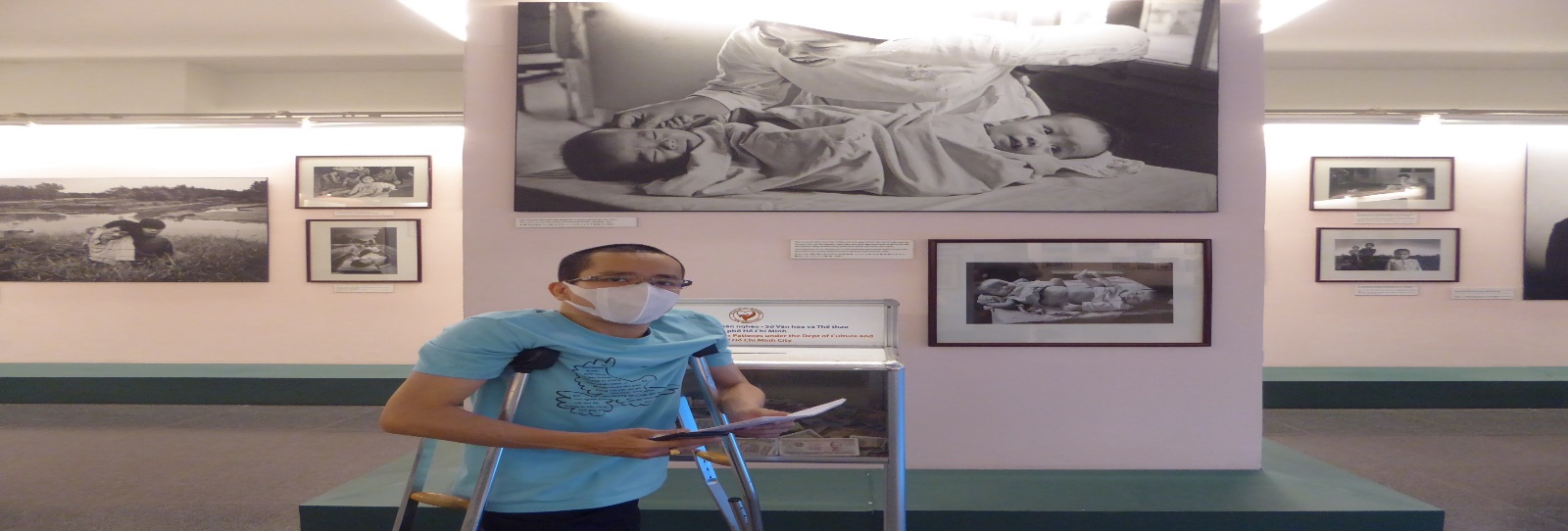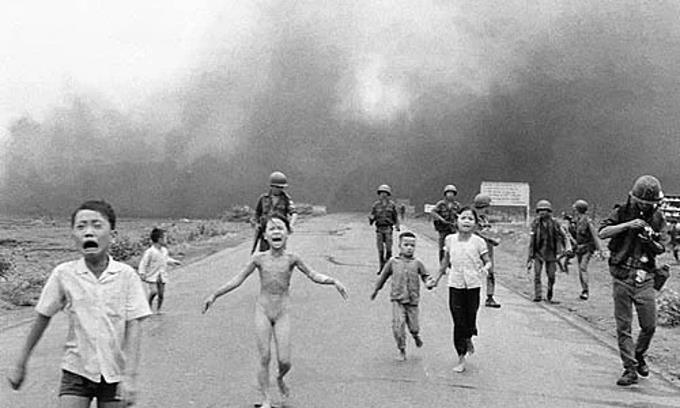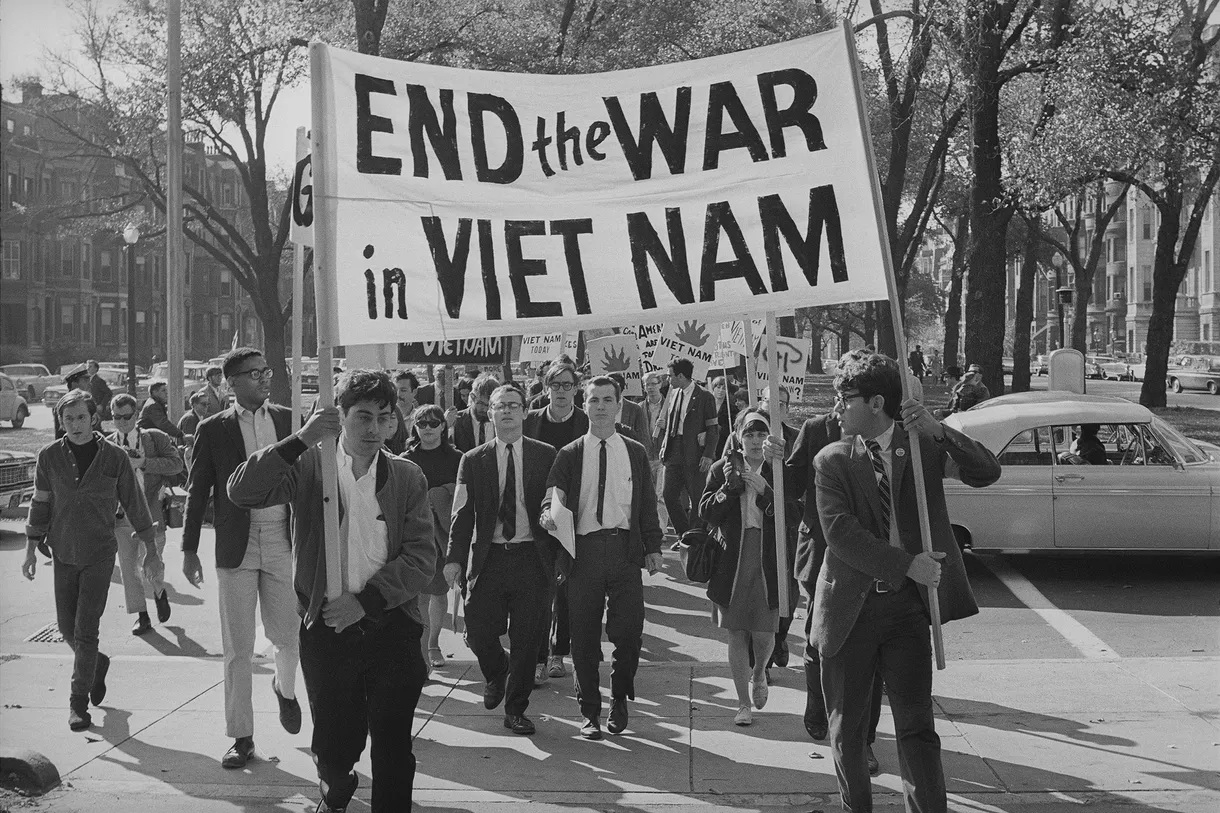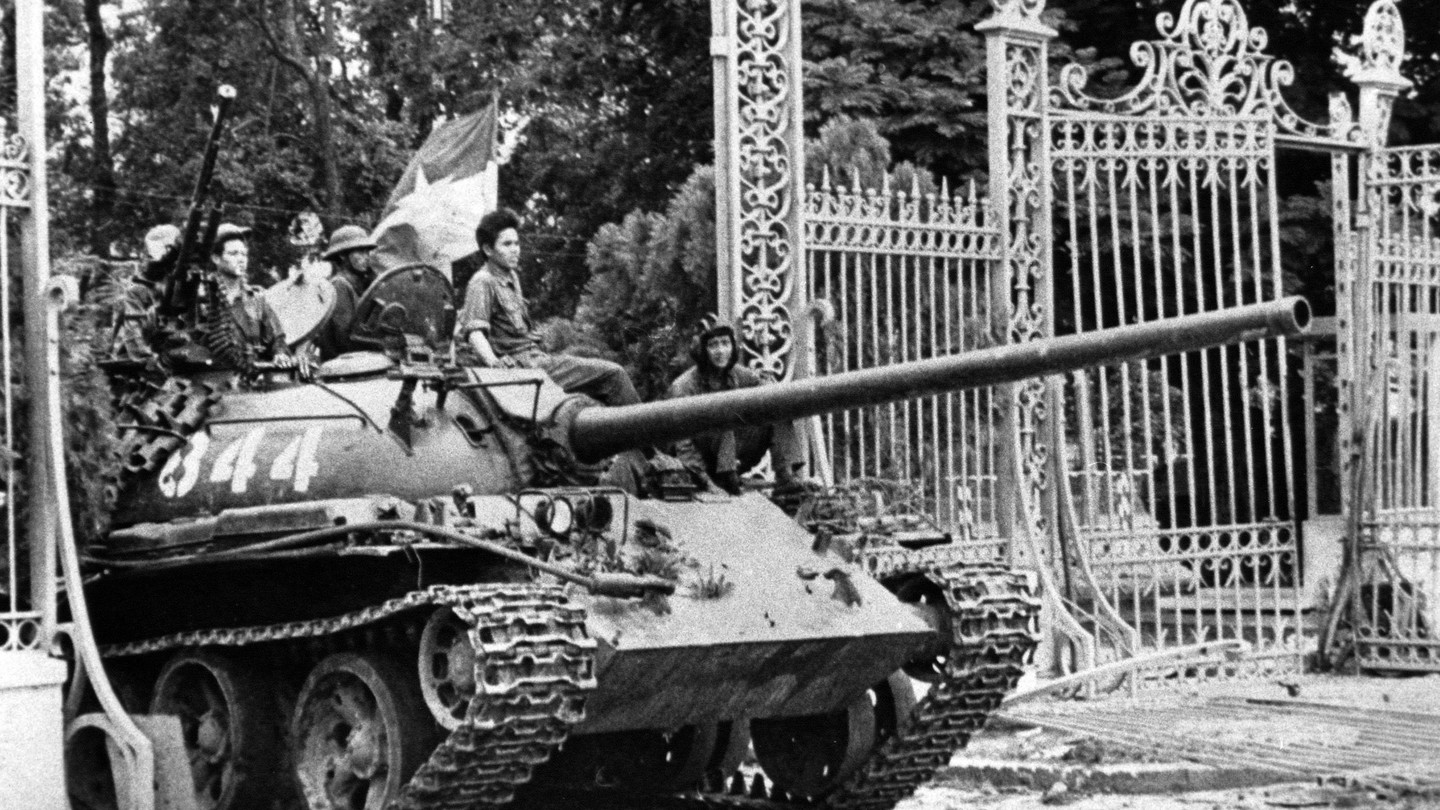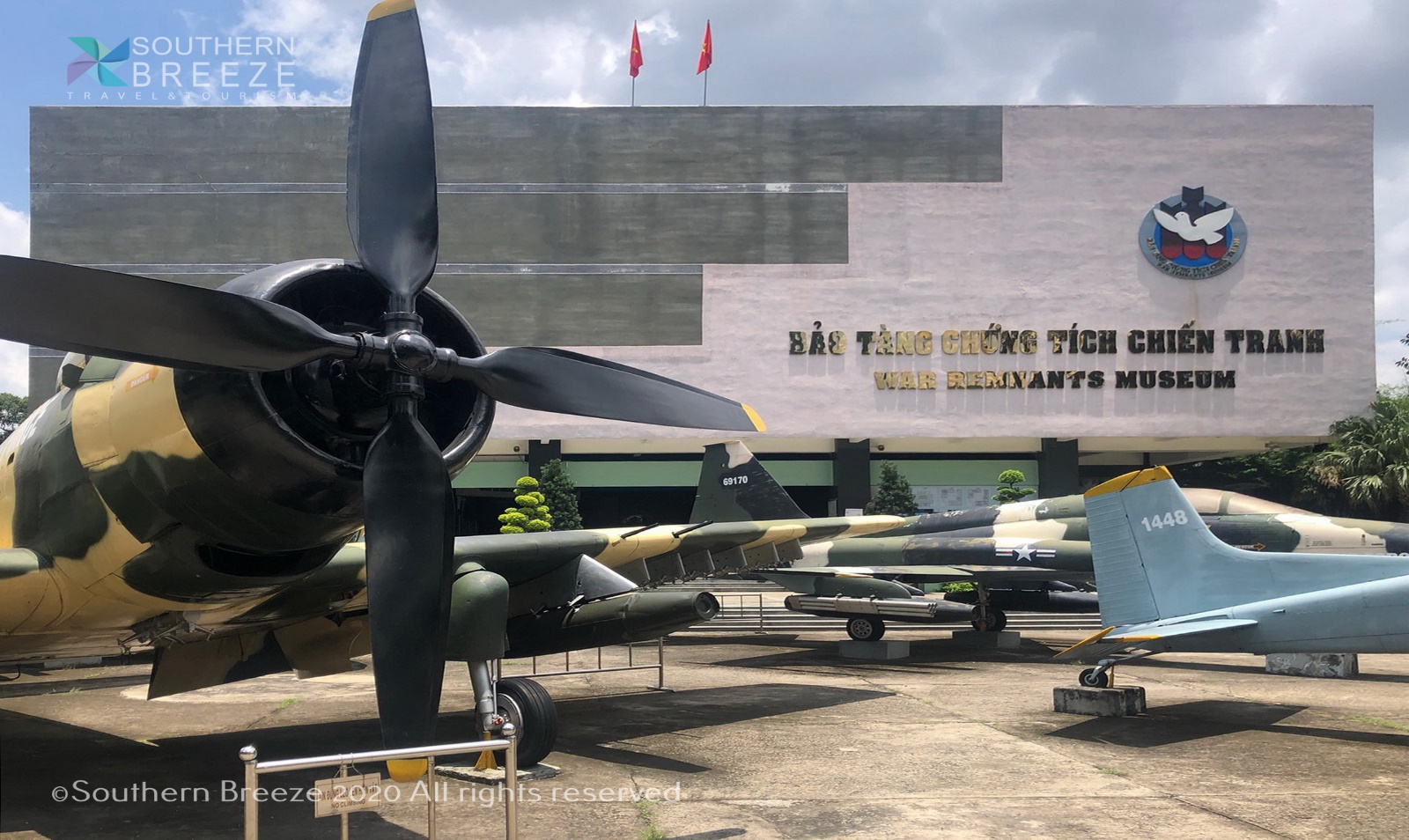Vietnam War (1965-75)
The Democratic Republic of Vietnam (North Vietnam) side, led by Ho Chi Minh, which regarded the Republic of Vietnam (South Vietnam) as "a puppet state of the United States" and was against following the background of communist's ideology, considered North and South Vietnams would be unified as an independent state by the Vietnamese. It was said to be a colonial liberation war based on nationalism seeking for establishing a new country.
Even after the end of the First Indochina War, the Dwight D. Eisenhower's administration of the United States continued as the South Vietnam Liberation National Front (the United States people call it Viet Cong), resulting that anti-government activities using force in South Vietnam went on. A "military advisory group" consisted from a small number of American soldiers was dispatched to South Vietnam. After that, President John F. Kennedy proceeded with virtually regular army dispatched with larger size of the military advisory group. President Lyndon Johnson sent a large regular army to actively intervene in the Vietnam War. Source: Free encyclopedia Wikipedia
Mire with the support of the United States and the former Soviet Union
